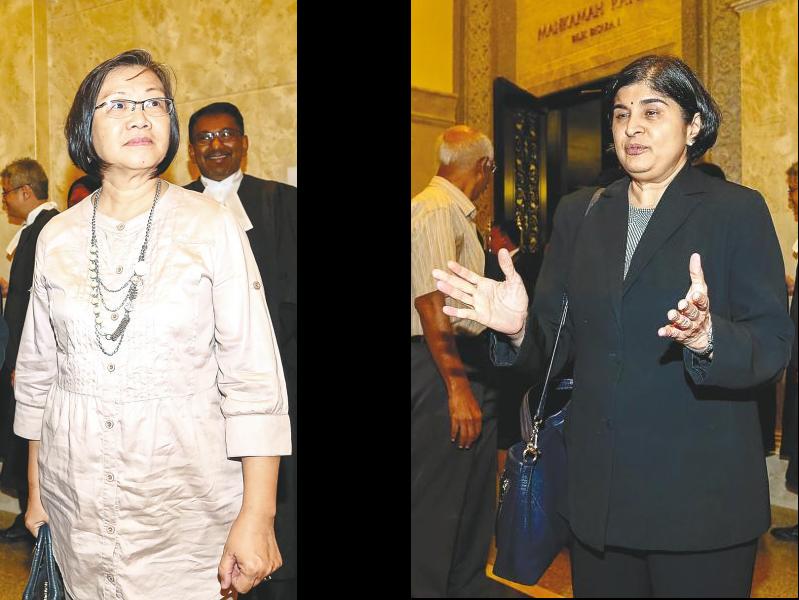WHEN Pakatan Harapan took over Putrajaya from Barisan Nasional in the 14th general election in 2018, one organisation that helped make this possible was electoral watchdog Bersih 2.0. It helped to level the playing field to an extent.
From 2010 to 2019 the organisation with the most imprint in the heads and hearts of Malaysians was arguably Bersih 2.0. Five mega rallies were organised in Kuala Lumpur from 2007 to 2016, each one bigger than the other.
Demanding clean and fair elections as well as serving as a pressure group to call for accountability and transparency in the government, Bersih 2.0 had risen to represent the people’s demand for better governance.
When everything in the political system seemed to be in favour of one political coalition, the only way to take back power for Malaysia was through the ballot box. But the odds were unfairly stacked against the opposition.
Having realised that from the beginning, Bersih 2.0, a coalition of several civil society organisations, was formed with the intention of pushing through a thorough reform of the electoral process in Malaysia.
Two women helmed the role of leaders in Bersih, one being Datuk Ambiga Sreenevasan and the other Maria Chin Abdullah.
Ambiga helmed the Malaysian Bar from 2007 to 2009, serving as president and as part of the Bar Council, organised the Walk for Justice in 2007, as a protest against allegations of corruption in the judiciary in the wake of the V. K. Lingam scandal.
From then on, she has assumed multiple roles to advance human rights and democratic reforms in many other organisations, including as chairman of Bersih 2.0 from 2011 to 2013.
Meanwhile, being an activist since 1985, Maria has worked on gender, development and democracy issues in women’s rights groups such as the All-Women Action Society, the Women’s Centre for Change, the Women’s Development Collective, now known as Empower, and headed the secretariat for Bersih 2.0.
With her leadership from 2013 to 2018, Bersih 2.0 grew into a civil society organisation that was a force to be reckoned with.
Its demands for clean and fair elections saw the formation of the Parliamentary Select Committee for electoral reforms in 2011, and the recommendations of the select committee were eventually adopted by the Election Commission in the general elections.
In some ways, it contributed to the opening of democratic practices that led to a change of federal government for the first time in the 14th general election. Without a doubt, Maria Chin Abdullah and Ambiga Sreenevasan are Outstanding Malaysians of the Decade.














